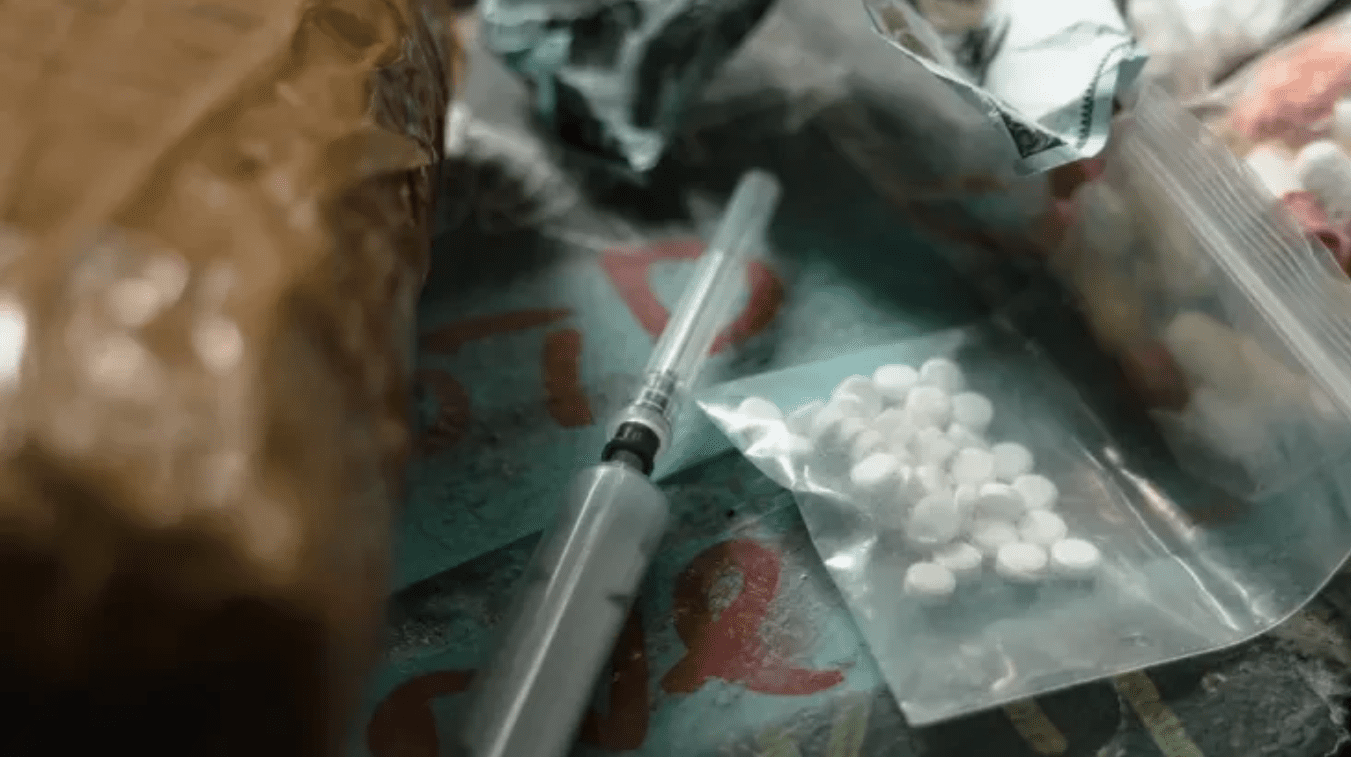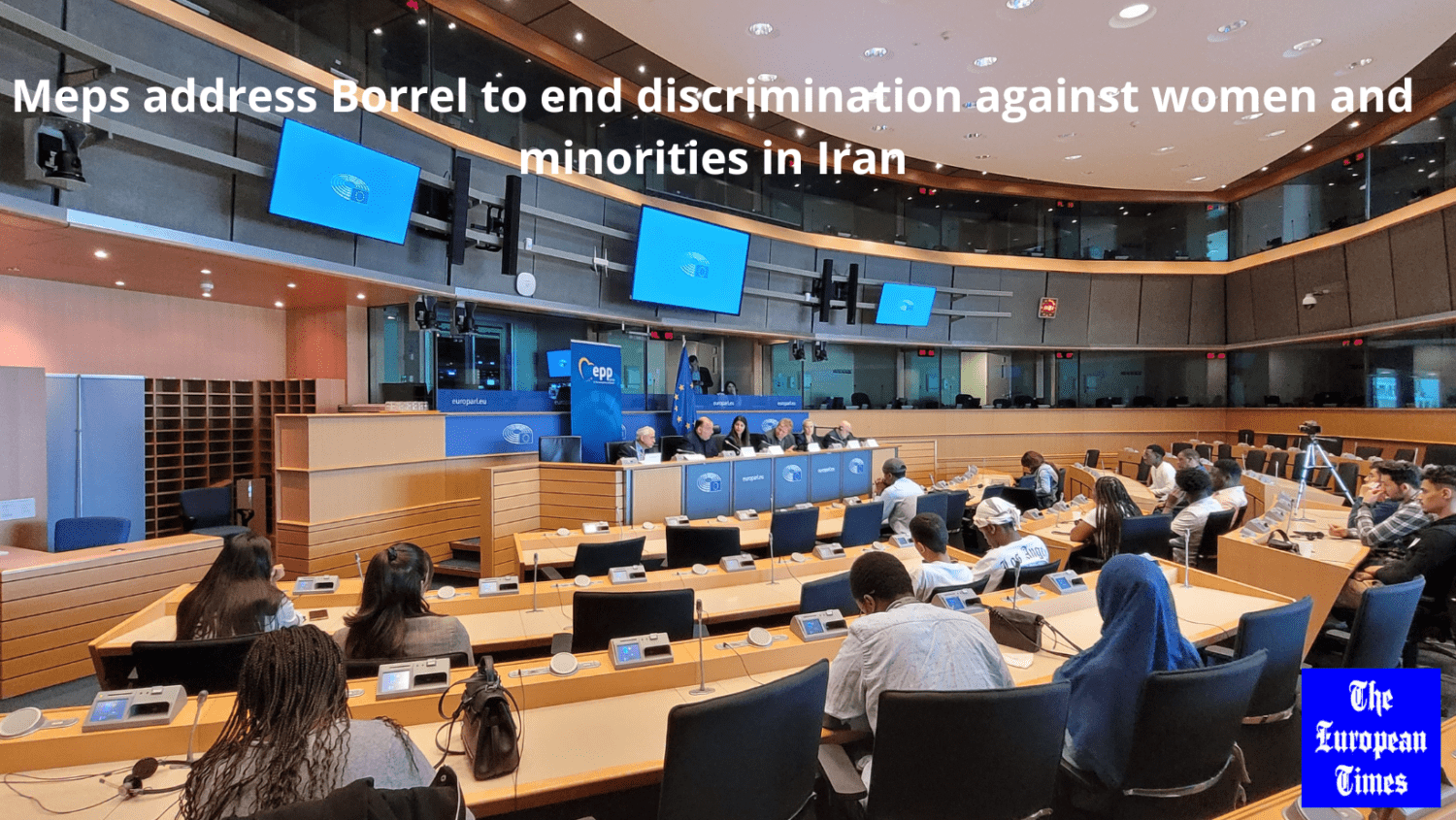Europe attracts many migrants and asylum seekers. Find out how the EU is improving its asylum and migration policies.
In 2015, there were 1.83 million illegal crossings at the EU’s external borders. While this number fell to about 330,000 in 2022, Parliament is working on a number of proposals to remedy shortcomings in the EU’s asylum and migration policies: from reforming the asylum system to strengthening border security, improving legal labour migration and promoting the integration of refugees.
Find out fact and figures about migration in the EU and the reasons why people migrate
Reforming the European asylum system
Asylum seekers: sharing responsibility with frontline countries
In response to the refugee crisis in 2015, the European Commission presented proposals to reform the Common European Asylum System in 2016, including a reform of the Dublin System to better allocate asylum applicants among EU countries. The Dublin System put a huge burden on a limited number of EU countries with external borders because they were responsible for processing all asylum claims. However, EU countries failed to reach an agreement on how to share responsibility.
In 2020, the Commission proposed a new a New Pact on Migration and Asylum. The new asylum system aims to support front-line countries by introducing a new system of flexible contributions from other EU countries, ranging from the relocation of asylum seekers from the country of first entry, to returning people deemed to have no right to stay. The new system is based on voluntary cooperation and flexible forms of support, which could become requirements at times of pressure.
Parliament agreed on its negotiating position on the revision of the Regulation on Asylum and Migration Management in April 2023. It is now ready to start talks with EU countries, with the aim of finishing by February 2024.
Revamping the EU Agency for Asylum
In 2021, Parliament backed the transformation of the European Asylum Support Office into the EU Agency for Asylum. The revamped agency aims to help make asylum procedures in EU countries more uniform and faster.
Its 500 experts provide support to national asylum systems facing a high caseload, making overall EU migration management more efficient and sustainable. In addition, the new agency is in charge of monitoring whether fundamental rights are being respected in the context of international protection procedures and reception conditions in EU countries.
Providing EU funds for asylum
In 2021, MEPs backed the creation of a new Integrated Border Management Fund and agreed to allocate it €6.24 billion. The fund should help EU countries boost their capacities in border management while ensuring fundamental rights are respected. It also contributes to a common, harmonised visa policy and introduces protective measures for vulnerable people arriving in Europe, notably unaccompanied children.
Parliament also approved the renewed Asylum, Migration and Integration Fund with a budget of €9.88 billion for 2021-22. The new fund should contribute to strengthening the common asylum policy, develop legal migration in line with the needs of EU countries, support the integration of non-EU nationals and contribute to the fight against irregular migration. The funds should also serve to encourage EU countries to share the responsibility of hosting refugees and asylum seekers more fairly.
Read more about reforming the Common European Asylum System
Responding to the Ukrainian Refugee Crisis
In addition to the asylum system, the EU has also established temporary protection mechanisms for specific groups of refugees or displaced people. One such mechanism is the Temporary Protection Directive, which provides a framework for granting temporary protection. The directive was created in 2001 in response to the conflict in the Balkans.
More recently, when Russia’s full-scale invasion of Ukraine started on 24 February 2022, the EU responded rapidly and showed solidarity in action by helping people in need. This included direct humanitarian aid, emergency civil protection assistance, and support at the border, as well as granting protection to those fleeing the war and entering the EU. For the first time in its history, the EU activated the Temporary Protection Directive, setting the legal rules to help manage the mass arrival of people.
Securing the EU’s external borders and managing migration flows
Countering irregular migration while respecting asylum seekers’ rights
The Parliament has been working to tighten border controls and improve EU countries’ ability to track people entering Europe. In April 2023, Parliament approved its position on revisions to the external border procedure. It will now begin negotiations with the Council. It proposes a better screening process, a faster asylum process at the borders and swift returns for rejected asylum seekers.
It includes the possibility of a faster and simplified procedure for asylum claims directly after screening. These should be completed in 12 weeks, including appeals. In the case of a rejection or dismissal of a claim, the failed applicant should be returned within 12 weeks.
The new rules would also limit the use of detention. While an asylum claim is being assessed or the return procedure is being processed, the asylum applicant has to be accommodated by the EU country. Detention should only be used as a last resort.
Read more on countering irregular migration and returning migrants
Reinforcing Frontex, the European Border and Coast Guard
Frontex, the EU’s border and coast guard, helps to manage the EU’s external borders and to fight cross-border crime.
The refugee influx in 2015 put enormous pressure on national border authorities. Parliament called for a strengthening of Frontex and the Commission proposed to extend Frontex’s mandate and transform it into a fully-fledged European Border and Coast Guard Agency, with the aim of reinforcing the management and security of the EU’s external borders and supporting national border guards.
It was officially launched at the Bulgarian external border with Turkey in October 2016. Frontex supports EU and Schengen countries in all aspects of border management, from support on the ground and fighting cross-border crime, aerial surveillance and collecting information, to help with return procedures.
Frontex has a current standing corps of more than 2,000 border guards. There are plans to increase this to 10,000 border guards by 2027.
Internal border controls
EU countries have been reinstating border controls within the Schengen area over the last few years, and these controls often last for long periods. In order to preserve free movement while addressing genuine security threats, the Commission put forward a proposal in 2021.
In October 2023, Parliament agreed on its position and voted to enter into negotiations with the Council.
As an alternative to internal border controls, the new rules promote police cooperation in border regions to address unauthorised movements within the Schengen area. Apprehended non-EU citizens with irregular status often arrive from another EU country, so if the two countries hold joint patrols, the irregular migrants may be transferred back to the first EU country. MEPs want to exclude several categories, including unaccompanied minors, from such returns.
MEPs also propose clear criteria for imposing internal border controls in response to serious threats. A justified reason, such as an identified and immediate threat of terrorism, is required before internal border controls can be introduced and such controls would have a time limit of up to eighteen months. If the threat persists, more border controls could be authorised by a Council decision.
The proposals also allow for the reintroduction of border controls in several countries for a period of up to two years when the Commission receives notifications about a particularly serious threat affecting many countries simultaneously.
Improving legal migration with work permits
The EU has also been working to boost legal migration to address labour shortages, fill skill gaps and boost economic growth with:
- EU Blue Card: a work and residence permit for highly skilled non-EU workers
- The single permit: a combined work and residence permit, valid for two years and country-specific
- EU long-term resident status: this allows non-EU citizens to stay and work in the EU for an indefinite period. Once the status has been granted, it is possible to move and work freely within the EU
- The single permit and the long-term resident status are currently being revised.
- Read more about how the EU wants to bolster legal labour migration
Fostering refugees’ integration in Europe
The Asylum, Migration and Integration Fund in action
The EU is also taking steps to help migrants integrate in their new home countries. The 2021-2027 Asylum, Migration and Integration Fund provides direct funding to local and regional authorities for integration policies and programmes focusing on counselling, education, language and other training such as civic orientation courses and professional guidance.
Improving refugee integration with the new Pact on Migration and Asylum
The Reception Conditions Directive is being revised to ensure equivalent reception standards across EU countries when it comes to material conditions, health care and an adequate standard of living for those who request international protection.
To improve their chances of being able to live independently and integrate, asylum applicants should be allowed to work no later than six months from the date of the registration of their application. They will have access to language courses, as well as civic education courses or vocational training. All children requesting asylum should be enrolled in school at the latest two months after arrival.
Parliament and Council reached a provisional agreement on the rules in December 2022. It must be formally approved by both bodies before it can enter into force.














